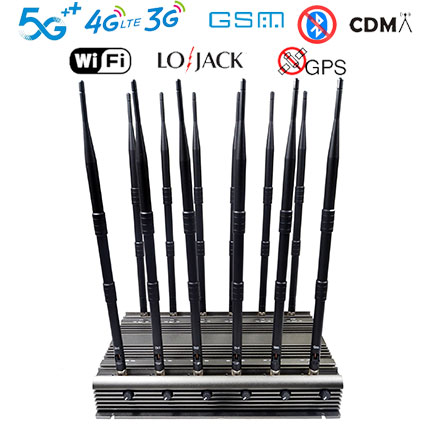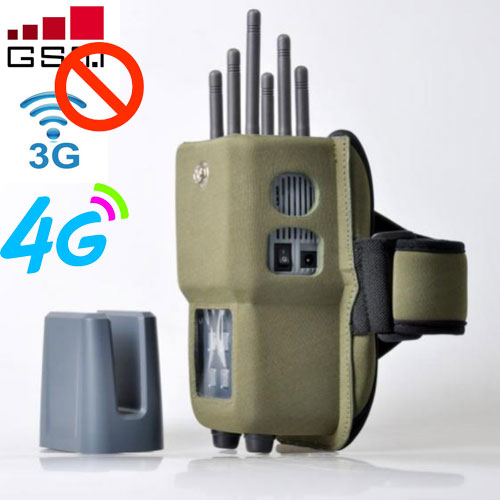
Last week, two smartphones were recovered from Tehsin Akhtar in Tihar’s jail number 8, one of which reportedly sent out a message that claimed responsibility for the explosives found in the SUV outside Mukesh Ambani’s residence on February 25.
Central intelligence agencies had discovered a chat on phone app Telegram, through which a terror group that called themselves Jaish-ul-Hind had claimed responsibility for planting the explosives laden car outside Ambani’s house.
In Tihar, the country’s largest prison which houses close to 18,000 undertrials, there is not a GSM jammer that is capable of blocking 4G signals, HT has learnt from prison officers.
Last week, two smartphones were recovered from Tehsin Akhtar, last known chief of the now dormant homegrown terror outfit Indian Mujahideen (IM), in Tihar’s jail number 8, one of which reportedly sent out a message that claimed responsibility for the explosives found in the SUV outside Mukesh Ambani’s residence on February 25.
Central intelligence agencies had discovered a chat on phone app Telegram, through which a terror group that called themselves Jaish-ul-Hind had claimed responsibility for planting the explosives laden car outside Ambani’s house. The Telegam group was found to have been created inside Delhi’s Tihar jail, after which Delhi police were informed. They in turn informed the prison department. On Thursday night, the Tihar prison authorities conducted a raid inside jail 8 and seized two phones. Delhi police have said that Akhtar created the group — Jaish-ul-Hind — on Telegram, on February 26, and claimed responsibility for placing an explosives laden Mahindra Scorpio car.
At least two prison officials, who did not wish to be named, said though there is a need for more than 100-120 cell phone jammers that block 4G signals within the prison complex, they have less than 45 jammers. Also, those jammers were installed more than 4-5 years ago and are only capable of blocking 3G signals. Taking advantage of this fact, prisoners freely use 4G internet to make calls, said a prison officer.
On Monday, Delhi lieutenant governor Anil Baijal is likely to hold a meeting with the prison’s director general Sandeep Goel, Union home secretary Ajay Bhalla over the issue of jammers and cell phone use inside the jail. Delhi police commissioner SN Shrivastava is also likely to be present in the meeting. The lieutenant governor is mostly likely meeting the senior officers to try and find a way to stop all internet services being currently used by the prisoners.
“We have seen in multiple cases that prisoners are freely using voice over internet call facility. They use WhatsApp, Facebook messenger and Telegram to make calls. The existing jammers were installed before 2014 and mildly work only against 2G and 3G signals. They are not at all effective in blocking internet calls, which is being used by every prisoner with a phone inside the jail. Another problem is that the prisoners know the corners inside the prison, where the jammers do not work. They use those spots to make calls,” said a mid-level prison officers, who did not wish to be named.
When contacted, the prison’s director general Sandeep Goel said that the department will soon be doing away with jammers and adopt, what he said was, Dominant Tower Technology. “The jammers may work at some places and not work at some spots. They have certain limitations. We have found a better solution. With permission of department of telecom, we have installed one cell phone tower, at Mandoli Jail complex. Using Dominant Tower Technology, this tower blocks all signals from that particular area. We tested and found that this was effective at blocking all cell phone services from three jails in Mandoli. We will use this technology and install similar towers in Tihar too. This will cut off all signals. Delhi prisons will be the first prison to adopt this technology.”
A cell phone is a prohibited item inside prison, but it is smuggled by prisoners when they go out for court hearings. The prisoners even hide the phone in their body cavities and take it inside. There are many instances of prisoners swallowing cell phones to smuggle it inside. Apart from this the phones are also thrown by accomplices of the prisoners from the main road, outside the prison complex, inside the prison.
Cell phones were banned inside Tihar to ensure that prisoners do not continue their criminal activities and run their operations from behind bars. To ensure that prisoners stay connected to their families, each prisoner is allowed 5 minutes of phone call daily.





